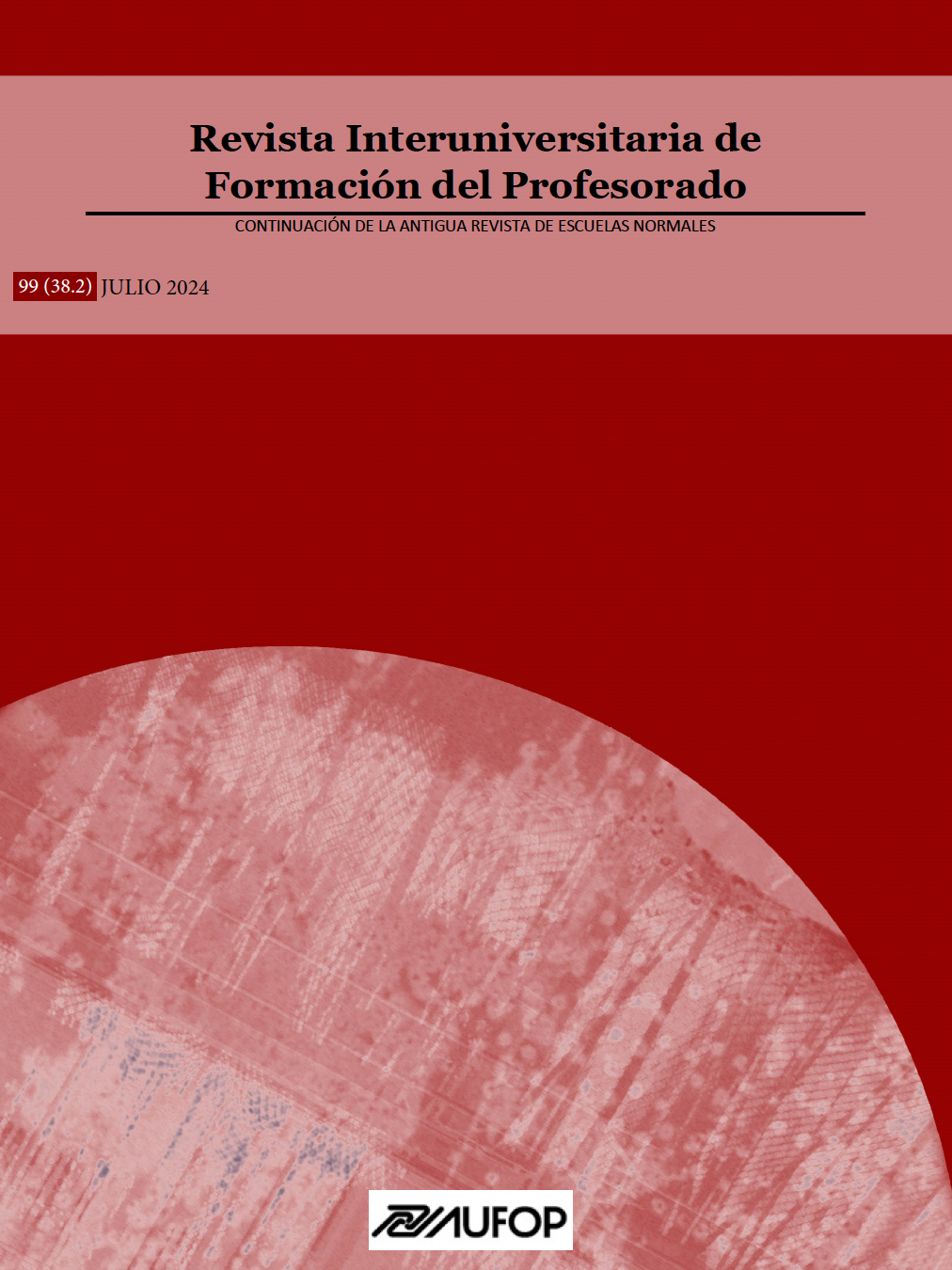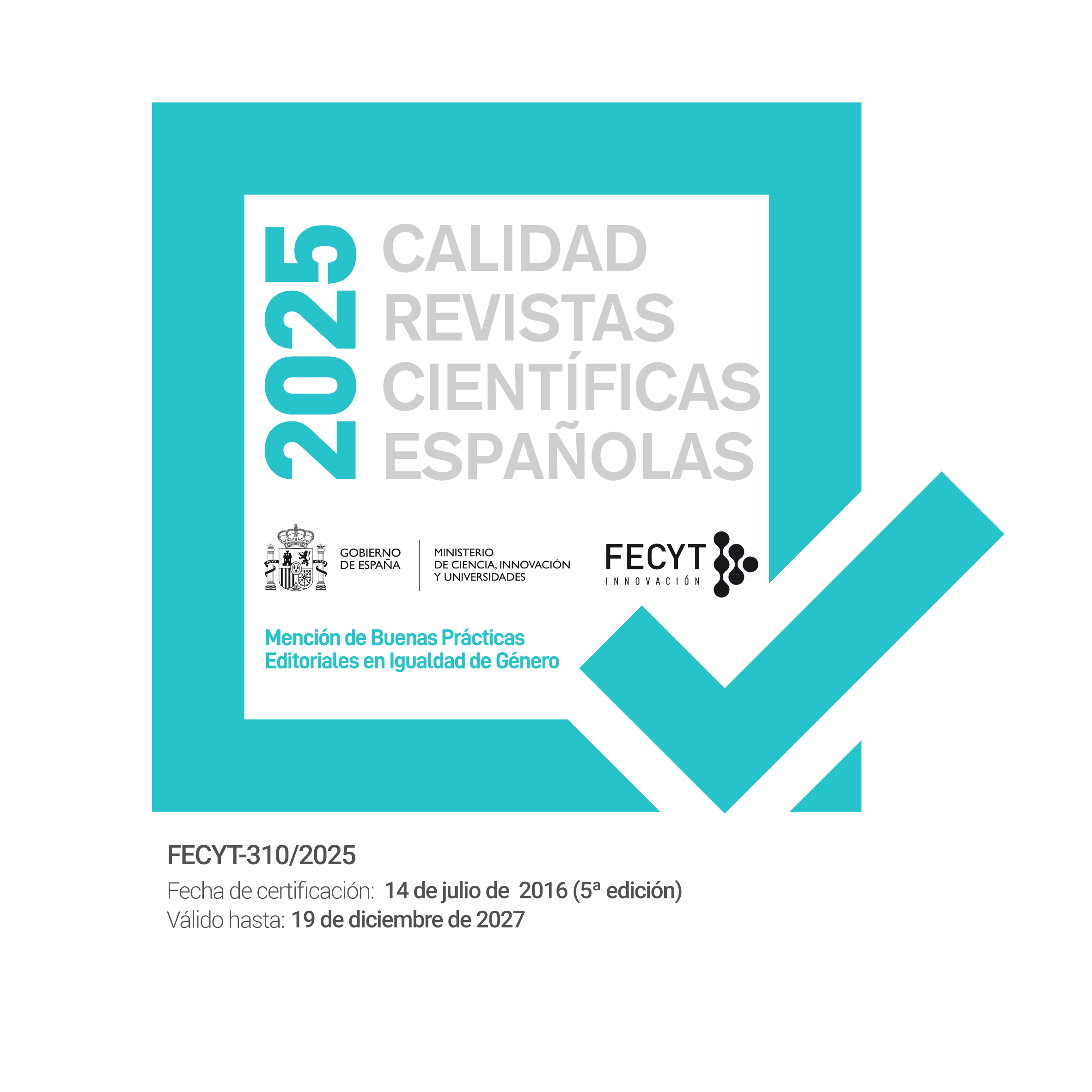Teaching through video games? Perceptions of future Spanish and Portuguese teachers on their use in history teaching
DOI:
https://doi.org/10.47553/rifop.v99i38.2.99574Abstract
Emerging technologies have brought about the development of new resources for teaching. In the teaching of history, video games have become a tool with great educational potential that enables learning that goes beyond memorizing data to work on historical thinking. However, the implementation of video games in the classroom requires teachers to be familiar with their use and possibilities. With the aim of understanding and comparing the views and knowledge that teacher trainees from two universities in Portugal and Spain have about this resource, a quantitative study was conducted through a survey distributed among 112 students at the University of Minho and the University of Castilla-La Mancha. The analysis of the data reveals that future teachers believe that video games can contribute to the teaching-learning process in general and of history, as well as to the development of essential skills such as problem resolution and critical thinking. Despite this, they still lack the necessary training to introduce them in the classroom. In addition, the results also reveal significant differences between the two countries that make up the sample. Opinions differ especially in the stages in which to implement the resource, the conception they have about the teachers who use it and what skills videogames help to develop.
Downloads
Published
How to Cite
Issue
Section
License
The "Revista Interuniversitaria de Formación del Profesorado (RIFOP)", with ISSN print 0213-8646 and ISSN electronic 2530-3791), adheres to the copyright notices proposed by Creative Commons
Authors’ rights
Papers published in the journal are subject to the following terms:
1. The Asociación Universitaria de Formación del Profesorado (AUFOP) is the editor of the RIFOP and holds the copyright of the papers published therein. The reuse of these is allowed under the license for use as indicated under point 2.
© Asociación Universitaria de Formación del Profesorado (AUFOP)
2. The papers are published in electronic version under the license CreativeCommons Reconocimiento-NoComercial-SinObraDerivada 3.0 España (texto legal). Papers can be copied, used, disseminated, transmitted and publicly exhibited provided that: i) the authorship and original publication source are cited (journal, editors and URL of the paper); ii) they are nit used for commercial gain; iii) the existence and specifications of the license for use are mentioned.
3. Auto-archiving conditions. Authors are allowed and encouraged to disseminate electronic pre-print versions (versions prior to peer review) and/or post-print (versions reviwed and accepted for publication) of their papers prior to their publication, since this favors prompt circulation and dissemination and supposes a possible increase in cites and scope within the academic community.
Privacy declaration
The names and email addresses incorporated into this journal will be used solely for the declared purposes of the journal and will not be available for any other purposes or to third parties.






